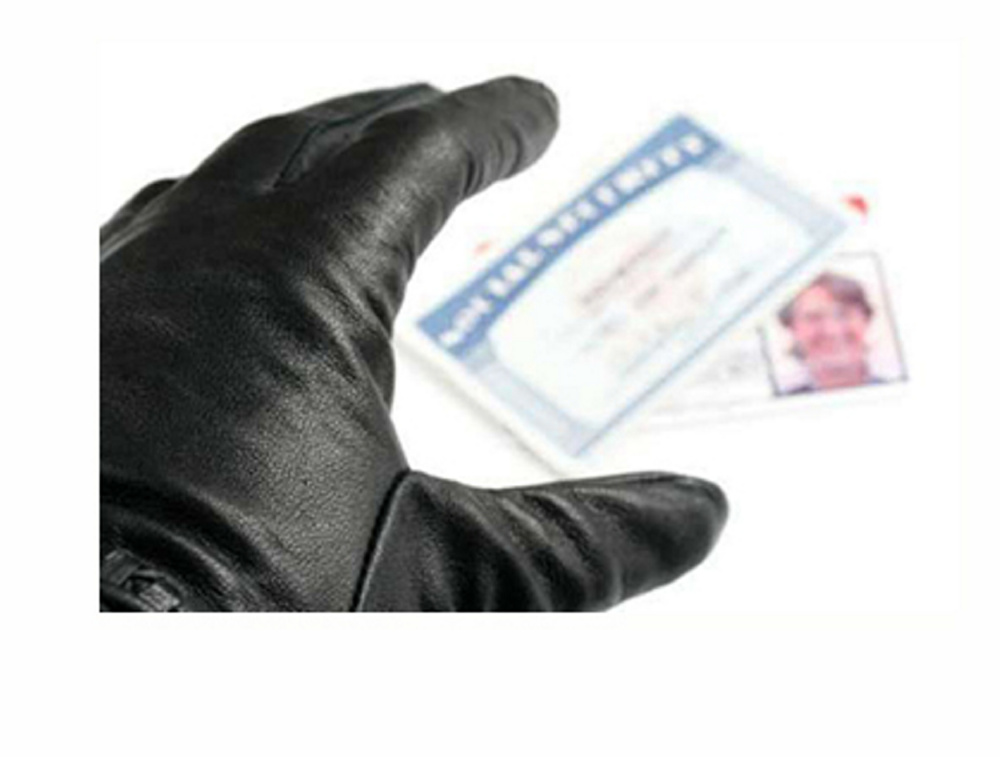Maine’s geographic and demographic realities make it one of the safest places to live. But the state’s small-town nature, strong communities and aging population won’t protect residents from a crime that can be perpetrated against virtually everyone from virtually anywhere.
Identity theft is now the most common crime in Maine, with 1 in 3 Mainers saying they were victims, according to the Maine Crime Victimization Survey.
In most cases, victims are easy targets, given how much personal information most people must divulge as part of their day-to-day lives, how few people take steps to protect themselves, and how quickly criminals move to exploit these weaknesses.
It’s important that more Mainers are aware of how to insulate themselves from identity theft, and that legislators review state privacy laws to make sure they are in line with the type and severity of crimes being committed.
In Maine and elsewhere, it is a crime on the rise. In the 2006 crime survey, 1 in 10 Mainers reported as victims of identity theft. By 2010, it was 1 in 5.
The uptick is not a surprise, experts say. Identity theft feeds off the information exposed by data breaches, and this year alone, through Oct. 27, more than 100 breaches affected more than 153 million records.
In Maine, from the time of the massive Target data breach in 2012 to the federal government’s earlier this year, an estimated three-quarters of residents had their personal information exposed, according to Jane Carpenter, a veteran of the Maine Attorney General’s Office who now works on privacy issues.
That data — including Social Security numbers, birth dates and banking information, all handed over while shopping, paying taxes, opening accounts or obtaining insurance — then is sold to identity thieves, who may undertake so-called “phishing” scams to gain additional information before opening credit card accounts, filing tax returns, or seeking government benefits in someone else’s name.
Identity theft can be stopped before it gets to that point by keeping a close eye on bank and credit card statements, shredding personal documents and junk mail, maintaining secure online passwords, and ignoring unsolicited phone calls and emails.
Once a person’s data has been compromised, they also should freeze their credit reports, which will keep others from creating new accounts in their name, and which is free under a new Maine law.
One public interest group even suggests freezing your credit reports before your data is breached.
Many companies offer protection in the event of a data breach, and federal law limits a person’s liability. But problems must be reported quickly.
Victims also should report identity theft to police, something that happens in Maine, unfortunately, only 7 percent of the time.
Victims often assume working with their bank is enough, or they don’t see the crime as being on par with, say, home burglary.
But underreporting to police masks the extent of the problem, and makes it less likely that authorities will respond appropriately.
The response should include state legislation. Maine’s identity theft law is old, and lists the crime as a misdemeanor. The law should be reviewed and updated, and other initiatives, including more education and better ideas for protecting data, should be considered.
Maine’s laws have to keep up with technology, and residents have to be aware of where they are vulnerable. Identity thieves certainly are.
Send questions/comments to the editors.



Comments are no longer available on this story